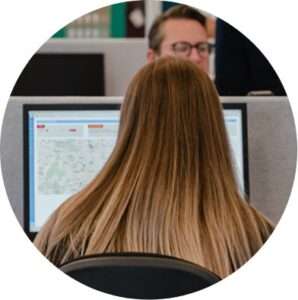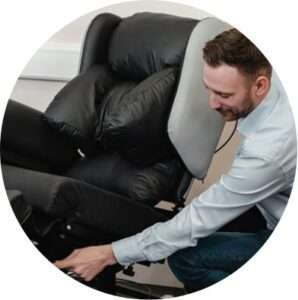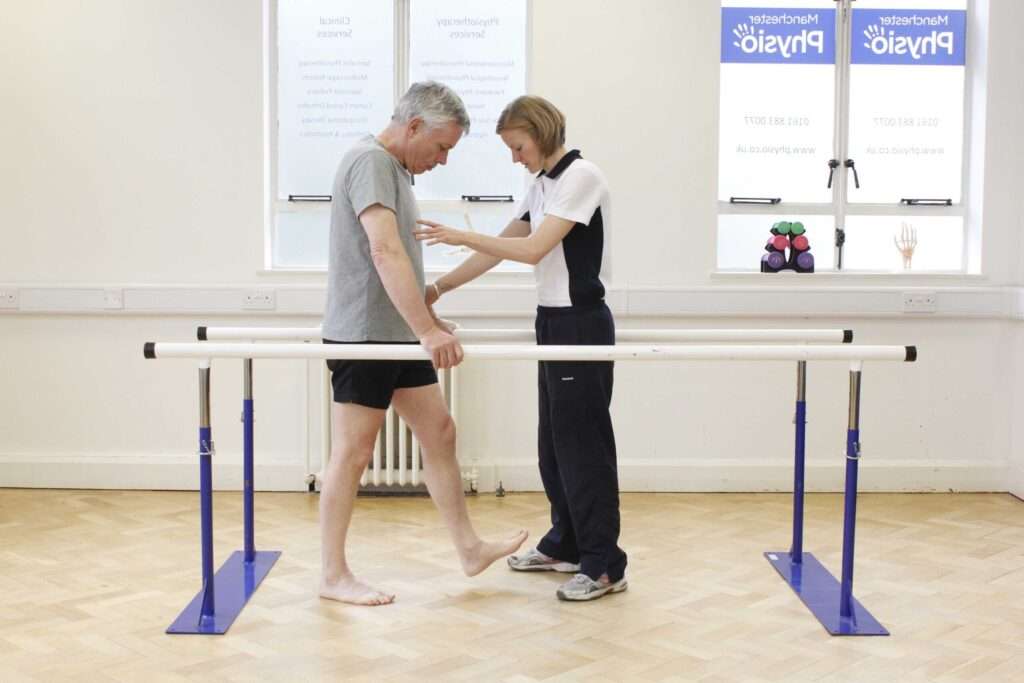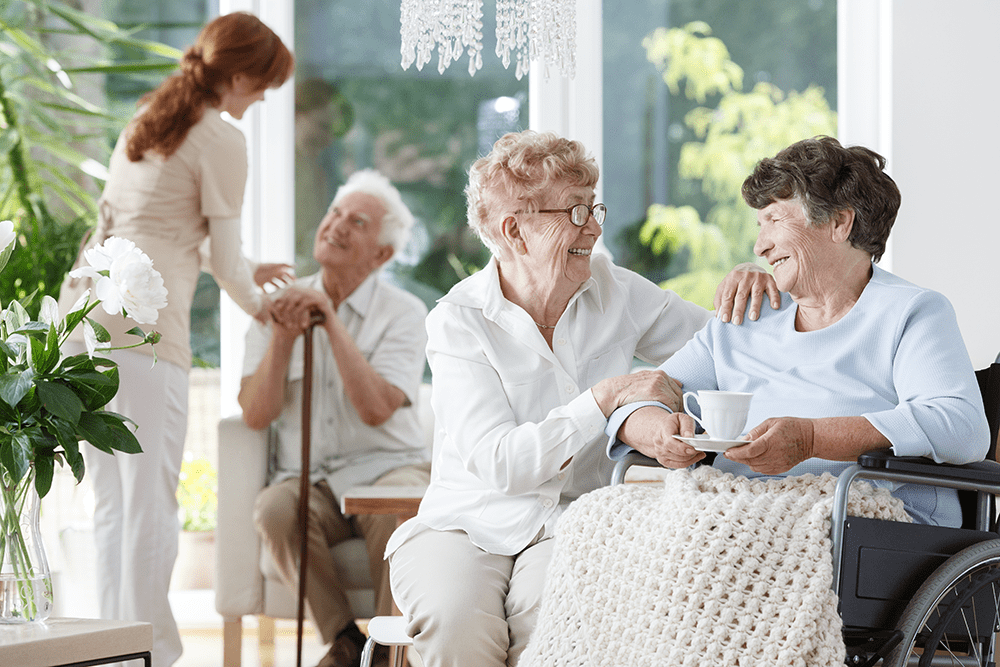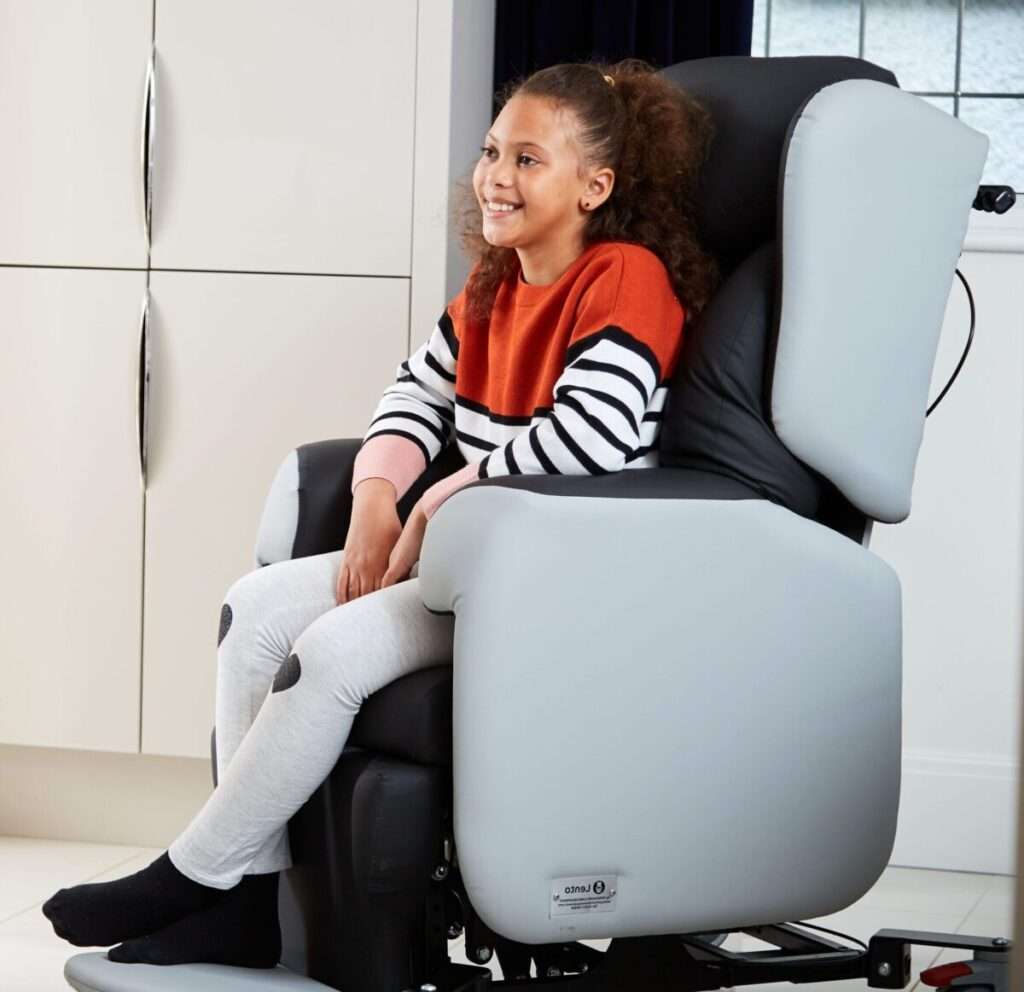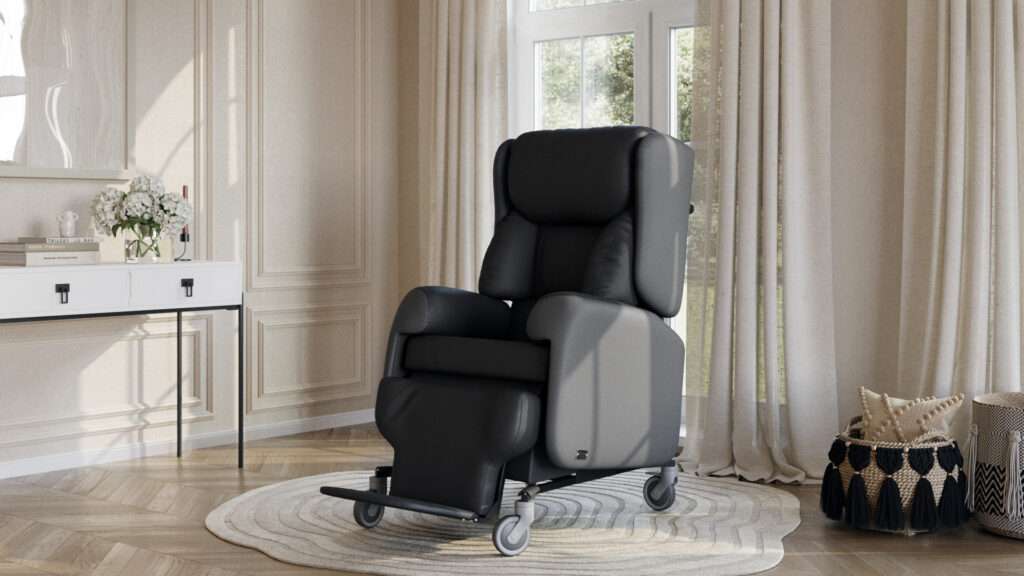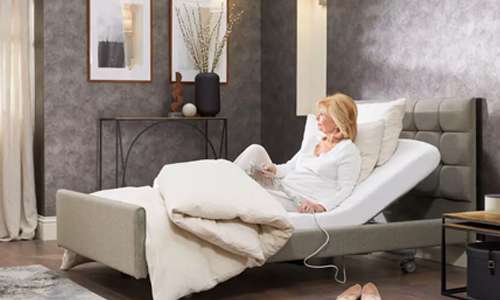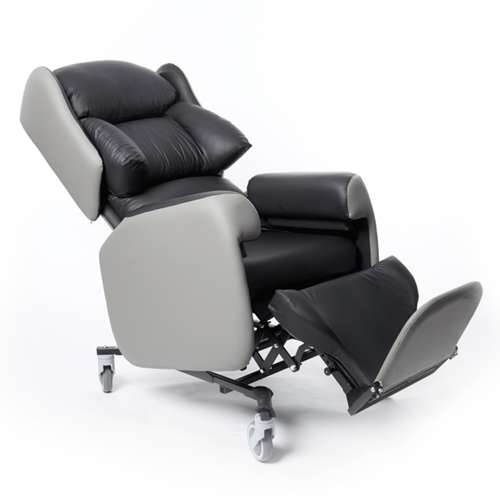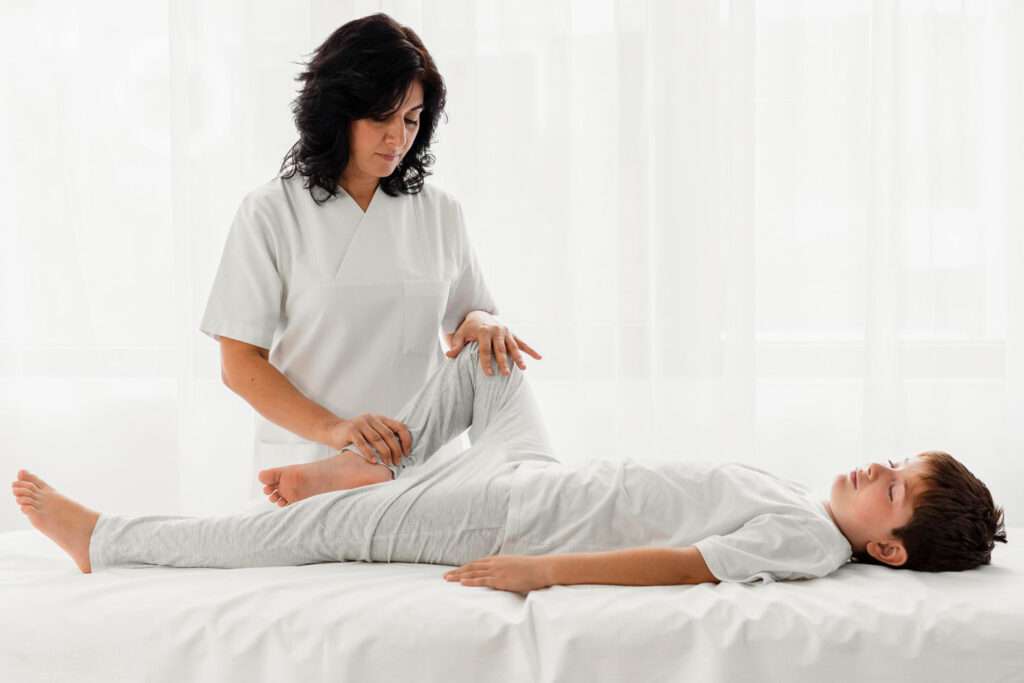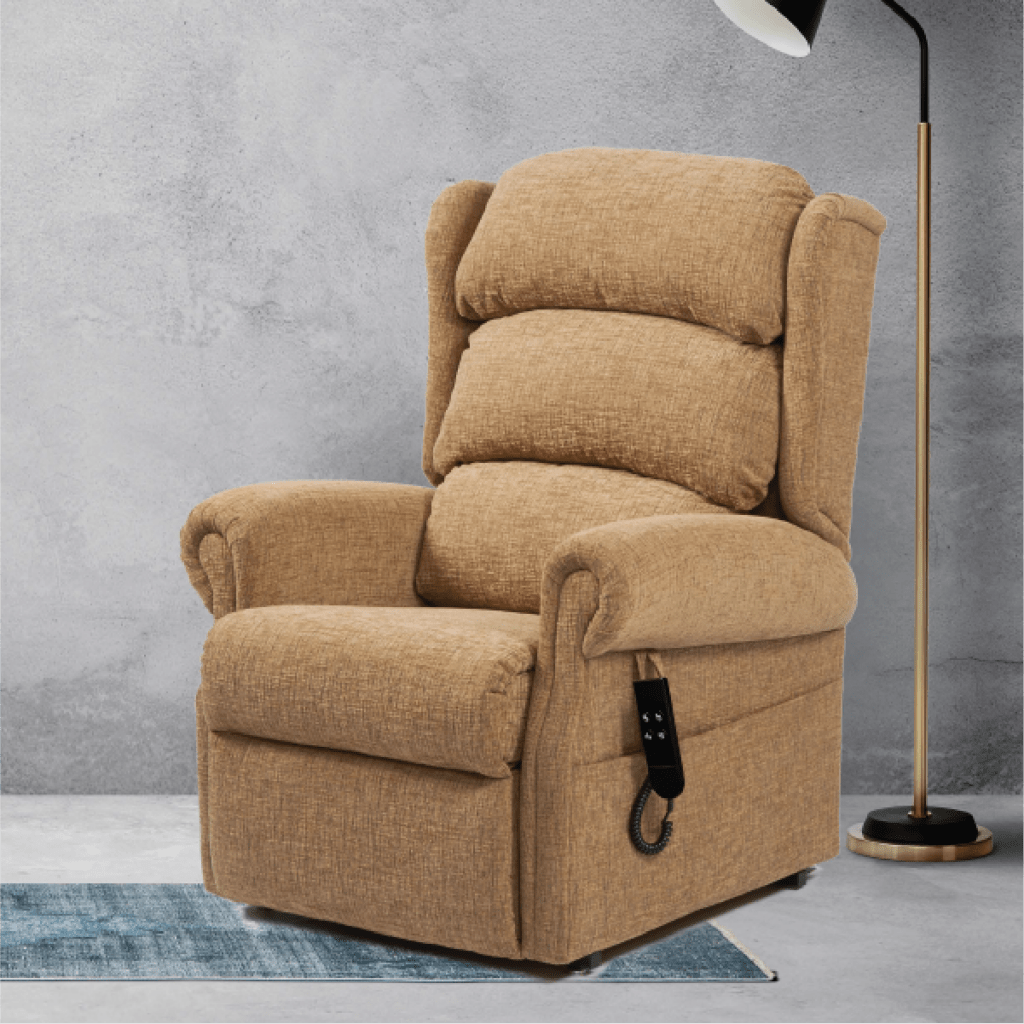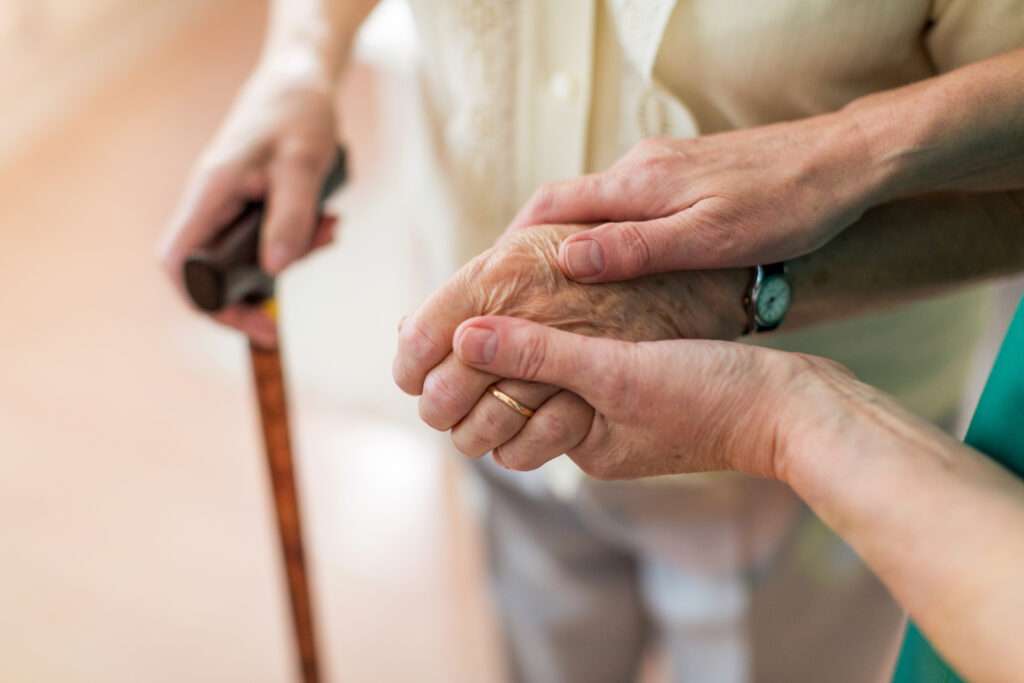Major trauma centres were established in the UK in 2012 and have gone on to save many people who have suffered severe and complicated injuries. There are 27 major trauma centres in the UK that treat around 20,000 people with life-changing injuries every year.
These injuries often happen very suddenly and leave people with lots of questions. There are services available to help you get plans in place and get prepared so that you or your loved one can return home and continue life with as much independence as possible. Here is a step-by-step guide to the first few days and weeks after leaving a major trauma centre.
Planning to go home
Whenever a patient is discharged from a major trauma centre, there should be a care plan in place to ensure that they are supported at home.
This should cover all the person’s needs around the home to help with their recovery and rehabilitation, no matter how complex it may be. A care package might include:
- Visits from carers to help around the home.
- Any equipment to help with mobility.
- More specialist home adaptations to help promote independence.
Because trauma injuries can affect everyone, there’s a wider variety of patients and care needs. Bearing in mind that people who have suffered traumatic injuries are often younger or generally healthy before being injured, their care packages will vary a lot from one to another.
The hospital will help with this and will be able to guide you through the process so that patients can be discharged and return home as soon as it’s safe.
You will get asked questions that will help healthcare professionals work out the level of care needed around the home. They will need to determine if you are able to take care of yourself — and to what extent. Can you wash and cook for yourself? Are you able to go up and down the stairs? And, importantly, do you need financial support?
Your discharge plan should cover important information, like your health and any medication you might need, along with details of the healthcare support you will need at home. There should also be contact details for any local authority help you might need as well as details of voluntary organisations and community support services.
What is the impact of going home?
Going home from the hospital is often a relief for patients. However, if you’ve suffered a life-changing injury, being discharged can often bring up difficult feelings.
You may be relieved to be back home, but the reality of your injuries and how they have affected your life and mobility can be hard to face. This is completely natural, and it will get easier.
Try and take care of your mental health during this time. Whilst your new abilities might be difficult to get used to, things will get easier over time. There are some great support groups and charities that can help with this transition — Day One and Same You are a couple of examples. They provide support to you and your family members from diagnosis through to recovery.
When you initially go home, it’s also a good opportunity to iron out any issues that may have been forgotten in your care package. This might be something as small as a grab rail or having someone who can do your laundry. Whatever it is, make a note of it and ask for help.
Equipment you might need after discharge
The easiest way to work out what equipment you might need is by thinking of your day-to-day tasks and looking at the environments these are carried out in.
We recommend going around the rooms of your home to assess any potential obstacles or barriers that could stop you from maintaining your independence. Here are some examples worth bearing in mind:
Kitchen
The kitchen is arguably one of the most active areas in the home. You’d typically spend almost all your time on your feet and carry out a number of different tasks here.
Think about preparing food, cooking, cleaning, washing up, and laundry. These are all activities you may face new challenges with once discharged from a major trauma centre.
If being on your feet for long periods of time is going to be an issue, you might want to look at getting a Vela Activity Chair.
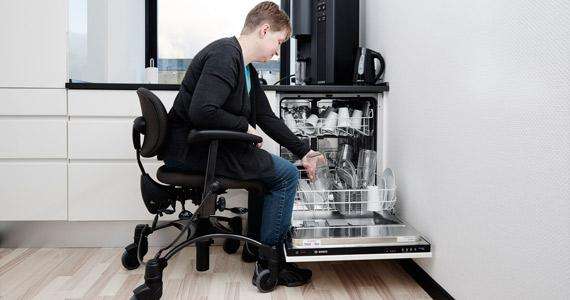
These portable chairs allow you to move around the kitchen (and the rest of your home) with ease. Free-rolling castors make it easy to push the chair yourself. Plus, they are height-adjustable. So, you can quickly position yourself at the right height to chop vegetables on the worktop, then lower the chair to comfortably unload the dishwasher.
If your injury affects your hand strength or range of upper body movement, small household aids can make tasks like food preparation more manageable.
- Kettle tipper – allows you to safely make a cup of tea or coffee by supporting the weight of the kettle.
- EZ-Opener – open a bottle or can in one touch rather than awkwardly twisting or turning.
- Easy-grip cutlery – lightweight knives, forks and spoons specially designed for those with a weakened grip.
Longer-term, you may need to look at larger adaptations, like lowering the sink or worktops to be more accessible. But this equipment will provide immediate support and help identify which areas require further assistance.
Bathroom
There’s loads of equipment available to make it easier for people to use their bathrooms with independence. There really is a solution for every problem, so look carefully at areas or activities that might cause issues in the long run.
The bathroom can sometimes get a bit steamy or could become slippery underfoot and on the walls — this is where grab rails are a must. Having a handle to hold onto at the sink or in the shower can safeguard you or your loved one from a fall.
Showering & Bathing
Like in the kitchen, you might not be able to stay on your feet for long in the shower. Getting something like a shower stool can make it easier for you to wash whilst staying safe and conserving energy for more strenuous tasks.
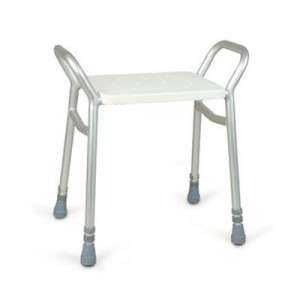
Shower stools take up very little space and can provide much-needed support in the bathroom.
Prefer a bath to a shower? A simple bath board can make getting in and out of the bath much easier. It gives you a solid surface to hold onto. Plus, it can double-up as a seat if you need to rest during the transfer.
When it comes to cleaning yourself, another simple but effective aid is a long-handled sponge.
Using the toilet
Being able to go to the toilet independently is often a top priority for people discharged from major trauma centres.
It is important to ask for help if you need it, but we understand the desire for privacy. There are a few different aids that can help:
- Toilet seat raisers – these devices sit on top of the existing toilet seat to raise it a few inches. If you struggle to bend down far enough to reach the toilet’s current height, this is a quick and easy fix. No screws or fixings needed.
- Toilet seat surround – this frame sits around the toilet. It gives you something secure to hold onto when sitting down and getting up.
Longer-term, if your bathroom just isn’t right for you, then there is the option of having a bathroom adaptation. These can be easily carried out by our specialist partner who will take care of the design, supply, and installation for you to minimise hassle.
Bedroom
Bedrooms should be a place of rest and relaxation. For you to continue your recovery, your bedroom needs to offer just that!
Bed & Sleeping Aids
Getting in and out of bed can be a real struggle if you have limited mobility. Fortunately, there are devices – like leg lifters – available to help. If you need help repositioning once you’re in bed, then something like these slide sheets can allow someone to help you without needing to lift you.
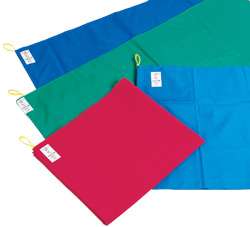
Slide sheets prevent friction to make turning and repositioning easier and pain-free
After polytrauma, some people experience pain when laying in a certain position. There are specialist cushions and supports available to help you stay in the most comfortable position possible whilst you sleep.
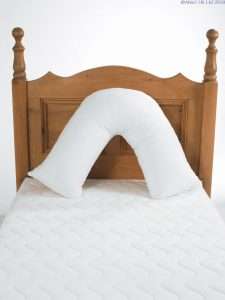
This V Shaped Pillow is great for shoulder and neck support
If your needs are more complex, then long-term a profiling bed might be right for you. These beds can be repositioned, so the headrest or footrest is elevated for your comfort. Many are also height-adjustable to help you get in position to get into or out of bed.
Dressing Aids
Doing up buttons or putting on socks can be challenging if your injury affected your dexterity or flexibility.
Investing in some affordable dressing aids can help you to maintain independence. Things like shoehorns, sock aids, and button hooks can make it easier for you to get dressed and undressed. Small aids like these can make all the difference to your mental health as well by giving you the tools to remain independent in small, everyday tasks.
Living Room
Activities in the living room can vary a lot. Whether it’s watching television or reading a book, you need to be as comfortable and supported as possible with the ability to switch between tasks seamlessly.
The key to any good living room set-up is a good chair. Depending on your mobility needs, you might just want a simple recliner chair that gives you the ability to pop your feet up.
For people with more complex injuries, a Riser Recliner Chair might be a better solution. These are equipped with electronically adjustable positioning. So, you can stay comfortable and supported when sat for long periods of time. As the name suggests, these chair can also rise up to help you stand safely.
Another aid that also comes in useful for people leaving major trauma centres is a reacher.
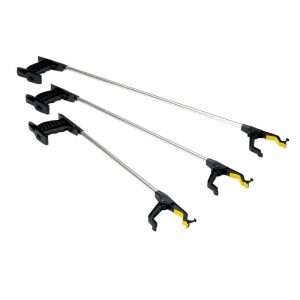
A reacher can assist you to draw curtains and pick up various objects from the floor or shelves. The head also has a magnet for picking up small metal objects and a hook.
Being able to reach items without having to get up and down can be a big energy-saver for people experiencing fatigue or reduced mobility.
Longer-term, it might also be useful to re-arrange the room so it’s more accessible.
Dining Room
Eating and drinking are key activities that we repeat multiple times throughout the day. Having the ability to feed yourself is a great way of maintaining independence after a trauma injury. That being said, the strength and coordination needed to eat and drink are often underestimated.
Trauma injuries can cause damage to the nervous system and muscles that would usually grip utensils and guide them to your mouth. There are specialist utensils that have thicker handles that are much easier to grip that can help with this.
You can also get plates that have been subtly designed to help stop food spillage and make it easier to eat using one hand.

The curved edge of this plate makes it easier to carry and the inner lip allows you to scoop up food.
Similarly, guiding a glass of water to your mouth can prove challenging following certain injuries. There are cups and drinking systems available to assist.
For example, the HandSteady mug allows you to drink without having to twist your wrist, tilt your head, or raise your elbow.
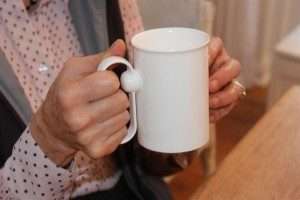
Together, these simple tools can prevent spillages and mess, giving people back the ability to feed themselves with fewer mishaps or frustrations.
Conclusion
Preparing to come home from a major trauma centre can feel like a mammoth task. But the process can be made easier with help from healthcare professionals and a little bit of forward planning. Returning home following a life-changing interview is a new and challenging situation. Everything should be approached with the individual’s needs at the core. As you can see in this article, by taking time to assess potential challenges simple adaptations can be made to maintain independence and quality of life.
If you need specialist equipment quickly or are struggling with what to choose, our team is always on-hand to help. We can provide advice and act as a second pair of eyes – checking for any areas or tasks that might not have been considered yet. Or, if you already know what you need, you can order all the equipment mentioned in this article from our website. We’ll arrange speedy home delivery throughout the UK.
If you still have questions and need a bit more guidance, get in touch with our team for a friendly, no-obligation chat.

